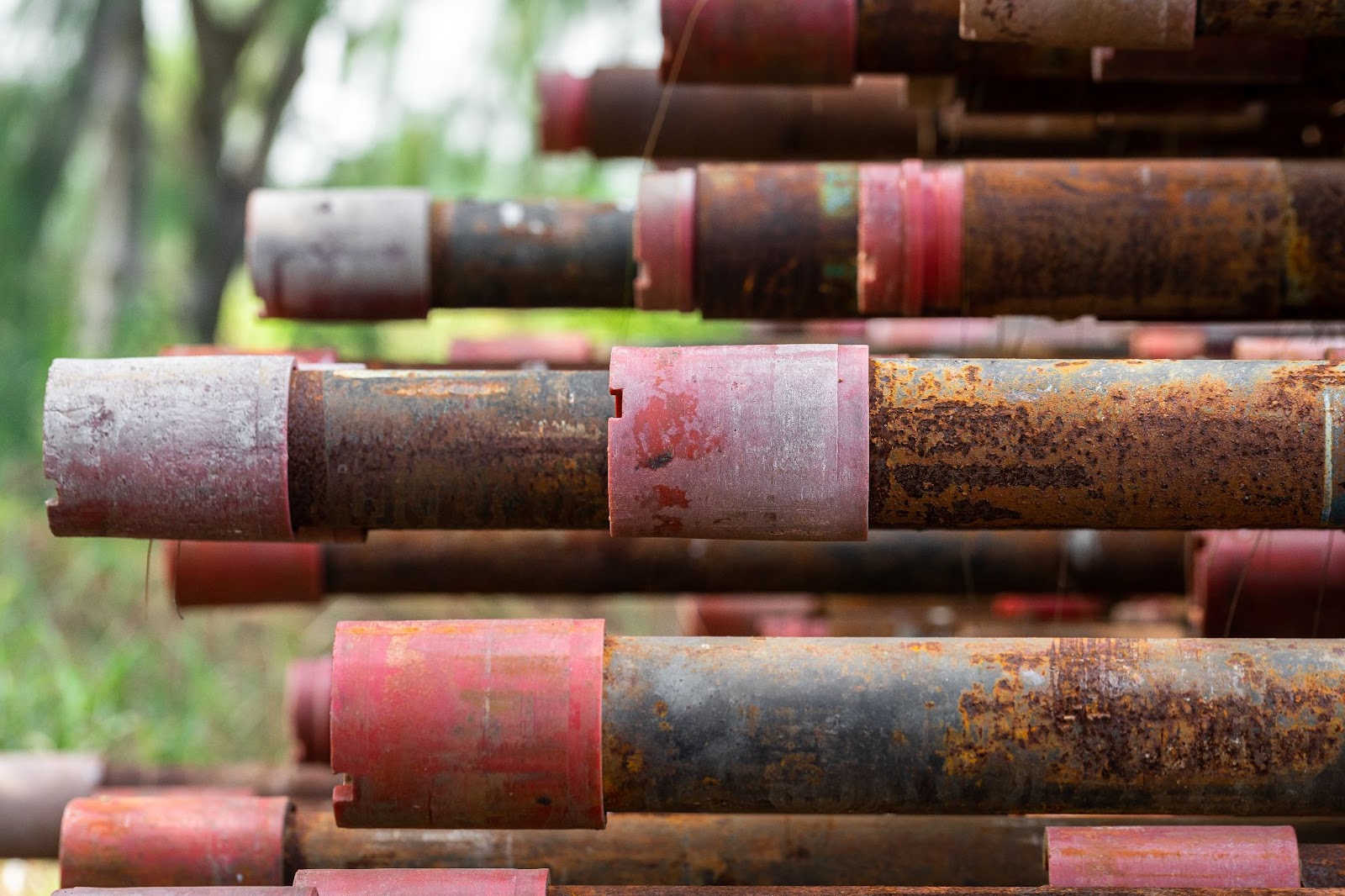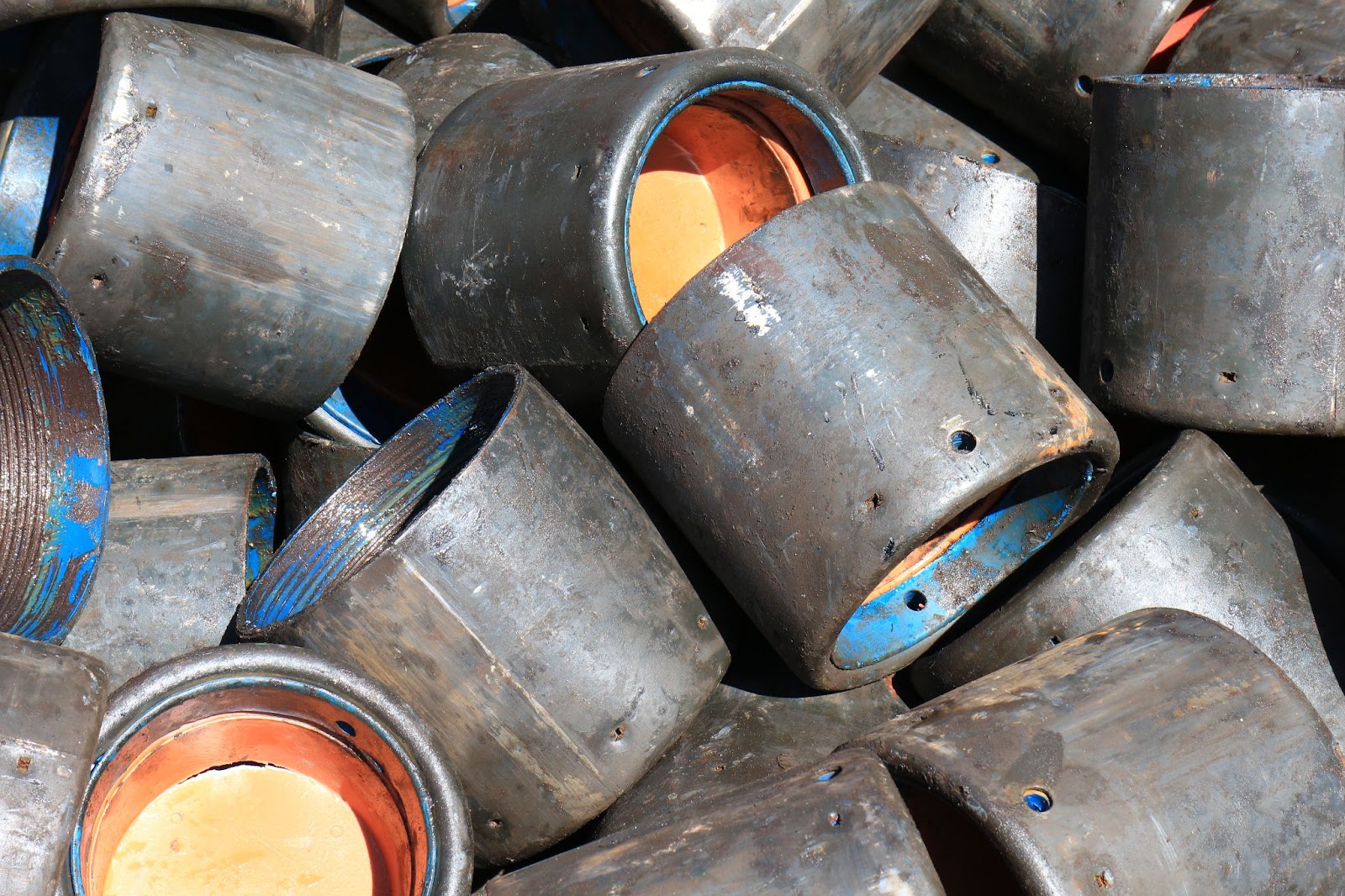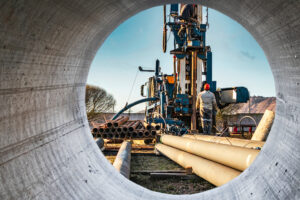
Assembling drill strings that operate reliably requires detailed calculations and comprehensive well designs. One of the major factors that determine the efficiency of a well is determining the kinds of oilfield pipe threads needed, their size, and what their strength should be for the different casings, tubes, and downhole equipment.
In fact, it’s not always possible to procure new Oil Country Tubular Goods (OCTG) for every well. This makes it important for producers to understand the compatibility and suitability of different types of threads and connections. The evolution of the oil and gas industry this past century led to a variety of manufacturing standards and thread types for different pieces of equipment.
Different Standards for Oilfield Pipe Thread Types
The American Petroleum Institute (API) provides a set of standards for threaded pipes and couplings. Specifically, API 5CT (currently in its 10th edition) lists the minimum requirements for designing and constructing wells for oil and gas operations.
The types of pipe threads specified by the API for casing and tubing include:
- Short Thread Coupled (STC)
- Long Thread Coupled (LTC)
- Buttress Thread Coupled (BTC)
- Line Pipe (LP)
- External Upset End (EUE)
- Non-Upset End (NUE)
While these provide the minimum design requirement for threaded connections, manufacturers also have their own variations called Premium Threads. These connections provide additional tensile capacity and improved hydraulic sealing, while also providing easier makeup of the string.
Learn more about how following API standards and specifications can boost your bottom line.
What are Premium Oilfield Pipe Threads?
Premium oilfield pipe threads usually attempt to improve on the API standards. This can include modifying the thread form, crest-root design, torque shoulder, or integral flush. A premium thread may increase the cost of the OCTG, but with superior performance and reliability, it can increase both the lifespan of a well, as well as its overall yield. Operators and well designers need to consider the environment and geological profile of a site before determining what set of products will serve their needs.

Maintaining the Integrity of Oilfield Pipe Threads
Regardless of what type the designers select, the reliability of each connection will depend on the integrity of the thread. As corrosion, debris, and shock damage can lead to a compromised connection, ensuring all threads remain protected prior to installation remains important for a well’s efficiency.
Learn about the most important considerations for protecting pipe threads and OCTG integrity.
Oilfield thread protectors need to match the exact dimensions of the design criteria. MSI Pipe Protection Technologies provide pipe thread protectors for every kind of specification to help onshore and offshore operators. Even for producers who design and manufacture their own proprietary premium threads, MSI’s team can help with custom protectors.
MSI’s thread protection solutions include:
- MAXX™ – Designed for API 5CT
- MEGA™ – Plastic and Steel Composite Protectors
- ULTRA™ – Premium Thread Protectors
Helping You Deliver a Variety of Protected Pipes and Equipment
MSI also has a range of protective products for equipment like perforating guns and sucker rods. Additionally, tubular handling systems, bumper rings, and pipe chocks can help ensure the integrity of all the OCTG used during operations.
To ensure the maximum protection of your oilfield pipe threads, MSI can assist with a solution. Our solutions are economical, reliable, and/or engineered in accordance with your exact specifications. As always, we’re committed to ensuring that we help you deliver protected pipes all day, every day. Connect with us today at 1-877-276-9208.




